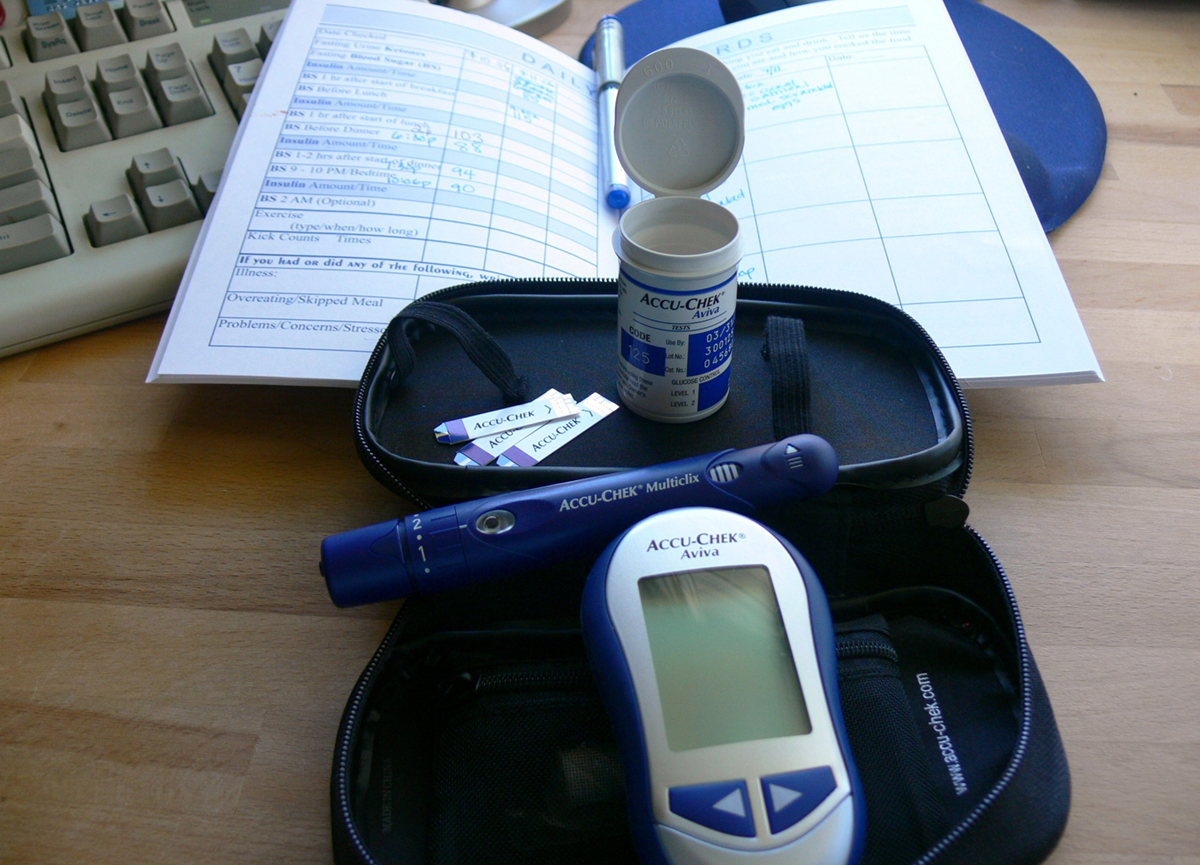
Gestational Diabetes-Overview
Diabetes is a term that refers to a number of metabolic diseases which arecharacterized by high levels of blood sugar (glucose). This happens out of tworeasons: either because the body does not produce enough insulin, or because thebody’s cells do not respond to the insulin being produced.Gestational diabetes is a condition in which a pregnantwoman, who has not had a history of diabetes, exhibits high levels of bloodsugar. This happens in almost four per cent of all pregnancies.
Causes
The hormones that are necessary to sustain the pregnancy also impair the actionof insulin. Therefore, some mothers tend to develop this type of diabetes inthe second stage of the pregnancy (usually after the 28th week).
The symptoms of gestational diabetes usually are notnoticeable. Very rarely do they cause increased thirst and urination (but thisis usually viewed as a normal part of the pregnancy).
The only way a doctor might notice that a woman has thiscondition is by her having regular check-ups. In this way, it will be spottedon time and treated in the best possible way. The symptoms of gestationaldiabetes usually go away after the birth, but as it can have harmful effect onthe baby’s health, it is important that it be treated as soon as it has been discovered.
Gestational Diabetes Meal Plan
Any pregnancy complication isconcerning, but there's good news. One can manage gestational diabetes byeating healthy foods, exercising regularly and, if necessary, takingmedication. Taking good care of oneself can help ensure a healthy pregnancy.
Many doctors actually recommend that women followgestational diabetes meal plan to maintain healthy blood sugar levels andensure the healthy start for their baby.
It is recommended that women consult a gynecologist, so that, he/she can devise the best plan for that specific person. Also, she will need tohave regular blood work done in order for the doctor to see if the treatmenthas worked.
This is probably the healthiest way of returning blood sugarlevels to normal. Medication can also be used, but doctors prefer to try thisplan firstly, because it is natural and, often, quite effective.
Normally, what the doctor will try to include in one’s dietare the following foods: low-fat, high-fiber foods, high protein foods, lowcarbohydrate foods, non concentrated sugar foods, non starchy vegetables, etc.
Also, the doctor may advise the patient to eat three smallmeals and one to three snacks a day, to limit sweets, and to do at least twoand a half hours of light exercise per week in order to get the best results.



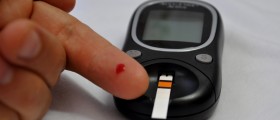


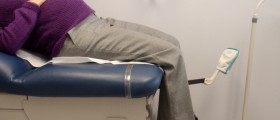
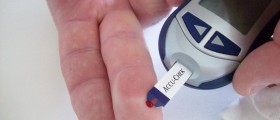


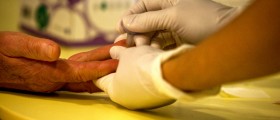

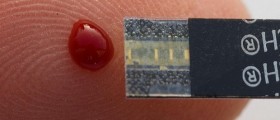

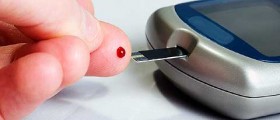

Your thoughts on this
Loading...